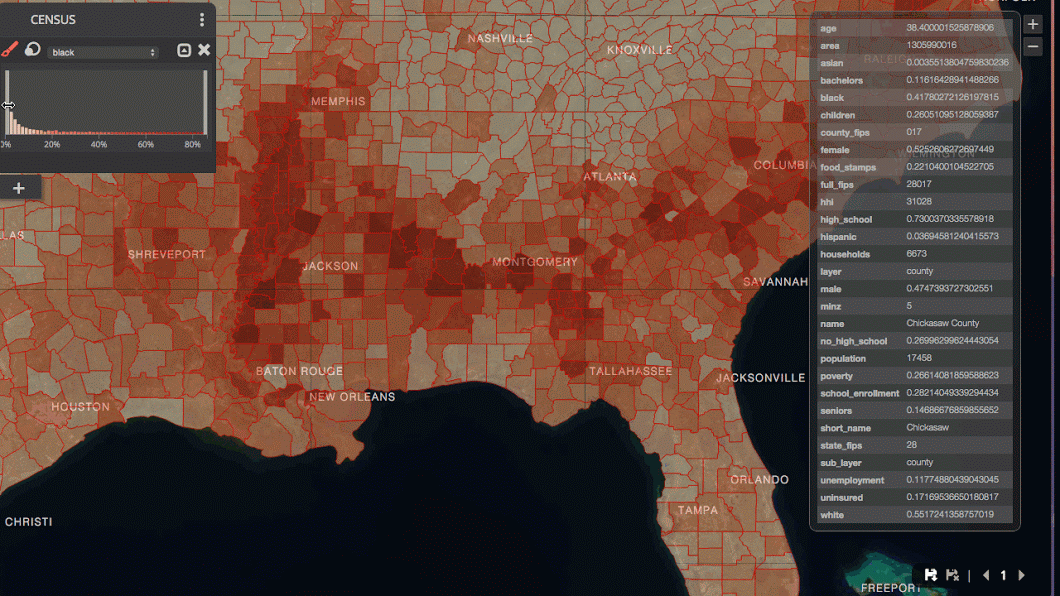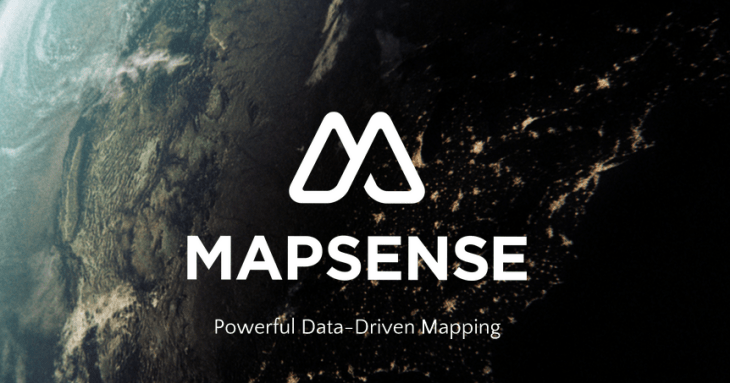Apps today are producing an enormous amount of location data, but today don’t have a good way to understand what that data is telling them about their users. A new company called Mapsense is trying to help developers make sense of location data they’re collecting with a set of tools they can use to overlay information gleaned from users on top of various different demographic maps available on its platform.
Traditional geographic information systems are ill-equipped to keep up with the huge number of new smartphones and other location-enabled devices passing location data along to apps. In response, Mapsense has built a cloud-based platform that is an alternative to those systems that can ingest and help companies to parse billions of rows of location data being produced in real time.
Mapsense users can take advantage of dynamic vector map tiles to render raw map data, rather than relying on static images. As a result, they’re able to quickly and easily analyze that information. Leveraging a number of different public data sets, including Open Street Maps, Twitter, the US Census, and urban crime data, Mapsense gives them the ability to create visualizations in minutes that were previously not available.

Already, the company has seen beta users adopt a wide range of use cases during its two years of development. That includes companies that are analyzing credit card data for behavioral analysis and fraud detection, developers making responsive real-time location-based apps, police and city planners who are trying to make sense of crime and population data, and advertisers who want to more effectively deliver ads to mobile users.
Mapsense wants to make its tools available in a free and open source way to developers who wish to use its JavaScript vector mapping library and public datasets, if they’re willing to freely share that data with other developers. If not, the company has an enterprise offering for proprietary data sets and developers integrating its mapping tools directly into their own products.
According to Mapsense CEO Erez Cohen, the company has 12 employees, 10 of whom are engineers. Along with the new developer tools, Mapsense is announcing that it has raised $2.5 million in seed funding led by General Catalyst, with participation from Formation8, Redpoint Ventures, Gil Elbaz and Amplify.LA.
